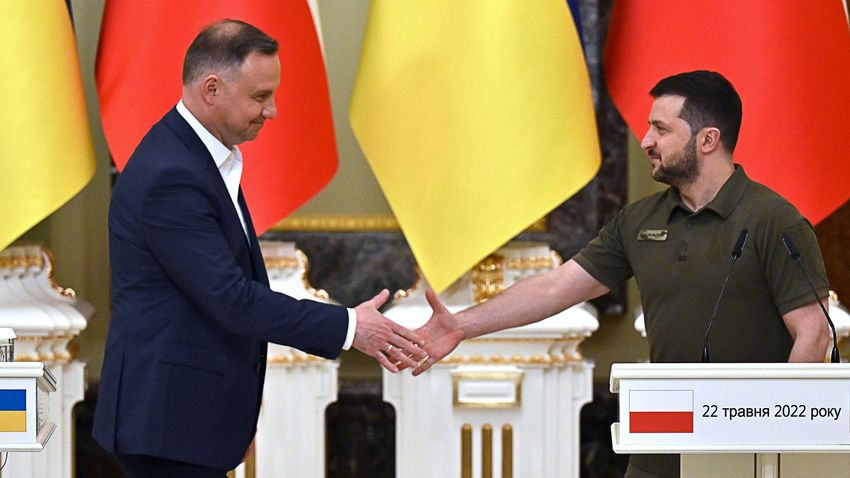The legal disputes between the EU and Poland are getting worse, as a result of which more and more European newspapers are writing about "polexit", i.e. the possible departure of Poles from the EU. Of course, this was never discussed at the level of the Polish government's rhetoric. Magyar Nemzet asked Zoltán Gálik, associate professor at the Budapest Corvinus University, about the future of the relationship between member states and EU law.
The Poles began to address decades-old legal problems when their Constitutional Court declared unconstitutional that the Court of Justice of the European Union had ordered measures regarding the regulation of the disciplinary liability of Polish judges as unconstitutional, and Warsaw believed in the primacy of national law in the matter. Another conflict is expected in the coming weeks: the European Commission has given Poland until August 16 to comply with the judgment of the EU court, otherwise they will be hit with financial sanctions. It is not uncommon for the relationship between EU and national law to come under scrutiny in the capitals of the member states.
– The Court of Justice of the European Union began investigating already in the 1960s and established its position that community law has priority in those areas where the member states have conferred competences on the community. The German Constitutional Court has also been dealing with European legal issues since the 1970s. I could mention the Maastricht Treaty, the sovereign debt crisis of 2008 or the Treaty of Lisbon, the dilemma arose in relation to these as well, especially in the areas where the Union acquired powers in the meantime - Zoltán Gálik listed the examples. All in all, therefore, it is worth investigating from a distance in time, as we are not facing a new problem - underlined the expert, who also expressed the opinion that the debate is taking place specifically in relation to the courts, and in the current Polish case, the relationship between Member State and EU law is question.
The arguments about the Poles following the British path are therefore currently not valid both legally and politically, while Warsaw's situation can also be helped by the fact that the series of conferences on the future of Europe are currently taking place, where they can also discuss the relationship between the legal systems of the EU and the member states, as well as the future of the Union answers. By the way, Hungary also advocates the latter. - In this regard, two aspects are worth mentioning, one of which is that a constitutional system is now in place. If the member states decide that this is worth developing, then the second dimension can come, in which direction exactly. The latter does not necessarily have to mean centralization - said the expert, who believes that the legal issue now raised by the Poles can also have a place in the discourse on the future of Europe.
The full article here .
Photo: Europress/AFP












